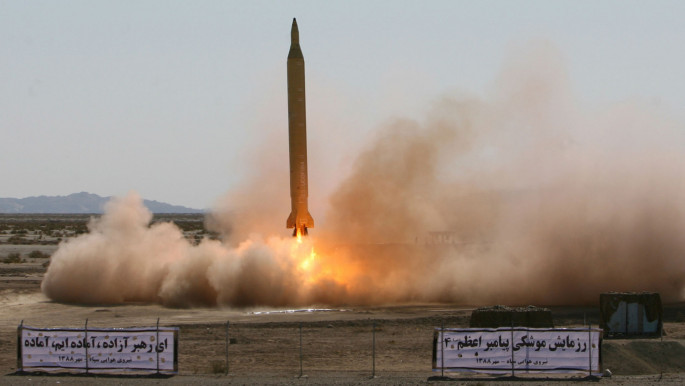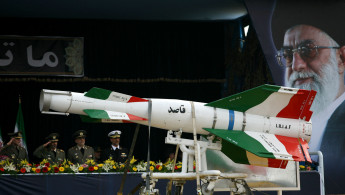UN head calls on Iran to halt missile tests
Iran's ballistic missile tests in March were "not consistent" with the spirit of the nuclear agreement signed with world powers, UN chief Ban Ki-moon said in a report to the Security Council.
The UN secretary general, in a confidential report, left it up to the Security Council to determine what should be done in response.
The report does not clearly state whether the Iranian tests violated the provisions of the landmark nuclear deal signed in July 2015 in Vienna.
Under the agreement, Tehran agreed to curb its atomic programme. Western powers accused Iran trying to develop a nuclear bomb under the cover of a civilian nuclear power plant, but Tehran always denied the allegation.
Iran's foreign ministry on Saturday rejected Ban's report as "contradicting the text of the agreement".
It instead called for a report on "America's failure to undertake its commitments in the deal, as all countries who have restored economic cooperations with Iran have acknowledged".
Tehran accuses Washington of failing to reassure foreign companies and especially international banks planning to restore links with Iran.
 |
|
| Tehran has agreed to curb its atomic program [Getty] |
The deal led to the lifting of sanctions in January. However, Iran's ballistic missile program was not covered by the agreement.
"While it is for the Security Council to interpret its own resolutions, I am concerned that those ballistic missile launches are not consistent with the constructive spirit demonstrated by the signing" of the nuclear deal, reads part of Ban's 16-page report, dated 1 July.
"I am concerned by the ballistic missile launches conducted by Iran in March 2016.
"I call upon Iran to refrain from conducting such ballistic missile launches since they have the potential to increase tensions in the region."
After the UN nuclear agency certified in mid-January that Iran had met all of its commitments under the nuclear deal, many Western economic sanctions that had been in place for years were lifted, unlocking access to $100 billion in frozen assets and unleashing new opportunities for the country's battered economy.





 Follow the Middle East's top stories in English at The New Arab on Google News
Follow the Middle East's top stories in English at The New Arab on Google News
![Israeli forces ordered bombed Gaza's Jabalia, ordering residents to leave [Getty]](/sites/default/files/styles/image_330x185/public/2176418030.jpeg?h=a5f2f23a&itok=_YGZaP1z)

